The Malta College of Arts, Science, and Technology (MCAST) and the EIT-Urban Mobility Hub hosted the EXCEL Winter School 2024 from 12 February to 16 February 2024. The main highlight of the Winter Excel School was undoubtedly the final event on the last day.
Minister for Gozo and Planning Clint Camilleri attended the event. During his visit, Minister Camilleri met with participants and mentors and highlighted the importance of such an initiative for Gozo and the local urban mobility sector.
Around 40 individuals from 5 different countries participated in the EXCEL Winter School 2024. The event addressed gaps in traditional educational frameworks, offering a specialized learning experience to equip participants with the latest knowledge, tools, and a mindset tailored to the evolving urban mobility landscape.
During the final day, all student groups presented their projects to the jury. The group named, ‘Sustainable Innovators’ won the EXCEL Winter School programme. The winning proposal focuses on embracing hydrogen technology, intending to introduce it to the maritime domain with hydrogen-powered ferries specifically tailored for Malta and Gozo. ‘SBH Mobility’ group placed second, while the ‘KAIA’ group and ‘City Rush’ placed third and fourth respectively. Tsvetosvyata Petrova and Nur Emilia Huda Binti Mohd Yunos won the communication challenge section.
Event participants were mainly students who are residents who have completed at least their second year of Bachelor’s education in the fields of Engineering, Information Science, Information Technology, Computer Science, Computer Engineering Statistics, Geoinformation Technology, Urban Planning, Geography, Economics, and Software Engineering. Students, in different groups worked on key challenges provided by the Gozo Regional Development Agency (GRDA), including the use of sustainable renewable energy sources in mobility, a modal shift towards sustainable travel, and improvements in maritime connectivity.
The challenges addressed during the winter school included mainly a modal shift from a car-centric society to a more sustainable use of transportation, given that Malta & Gozo have a very high ratio of private vehicles. The teams explored the solutions specifically for Gozo, considering the increased amount of local and international visitors to Gozo. The challenges also involved exploring the use of renewable energy for Gozo ferries, considering energy type, generation, storage, costs, and efficiency. Teams also tackled the issues of maritime connectivity, suggesting and, alternative ferry routes.
MCAST remains committed, to fostering long-standing strategic initiatives focused on addressing urban mobility challenges, running several projects under EIT Urban Mobility, and ensuring the integration of innovation, stakeholder engagement, real-world problem-solving, and cutting-edge urban mobility solutions into its existing curriculum.
The main stakeholders in this project were MCAST, Cleantech Bulgaria PAF, Transport Malta, and the Gozo Regional Development Authority.

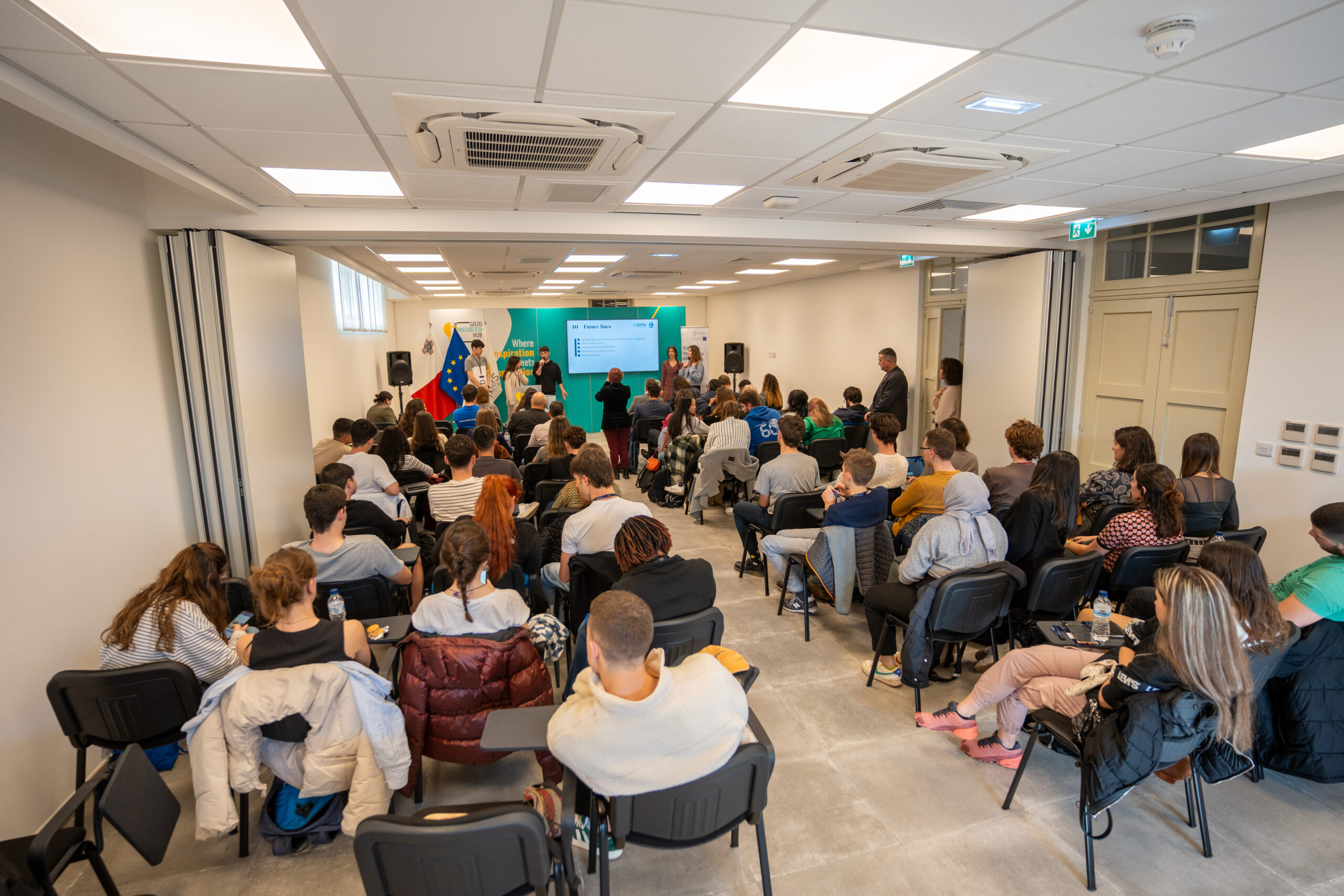
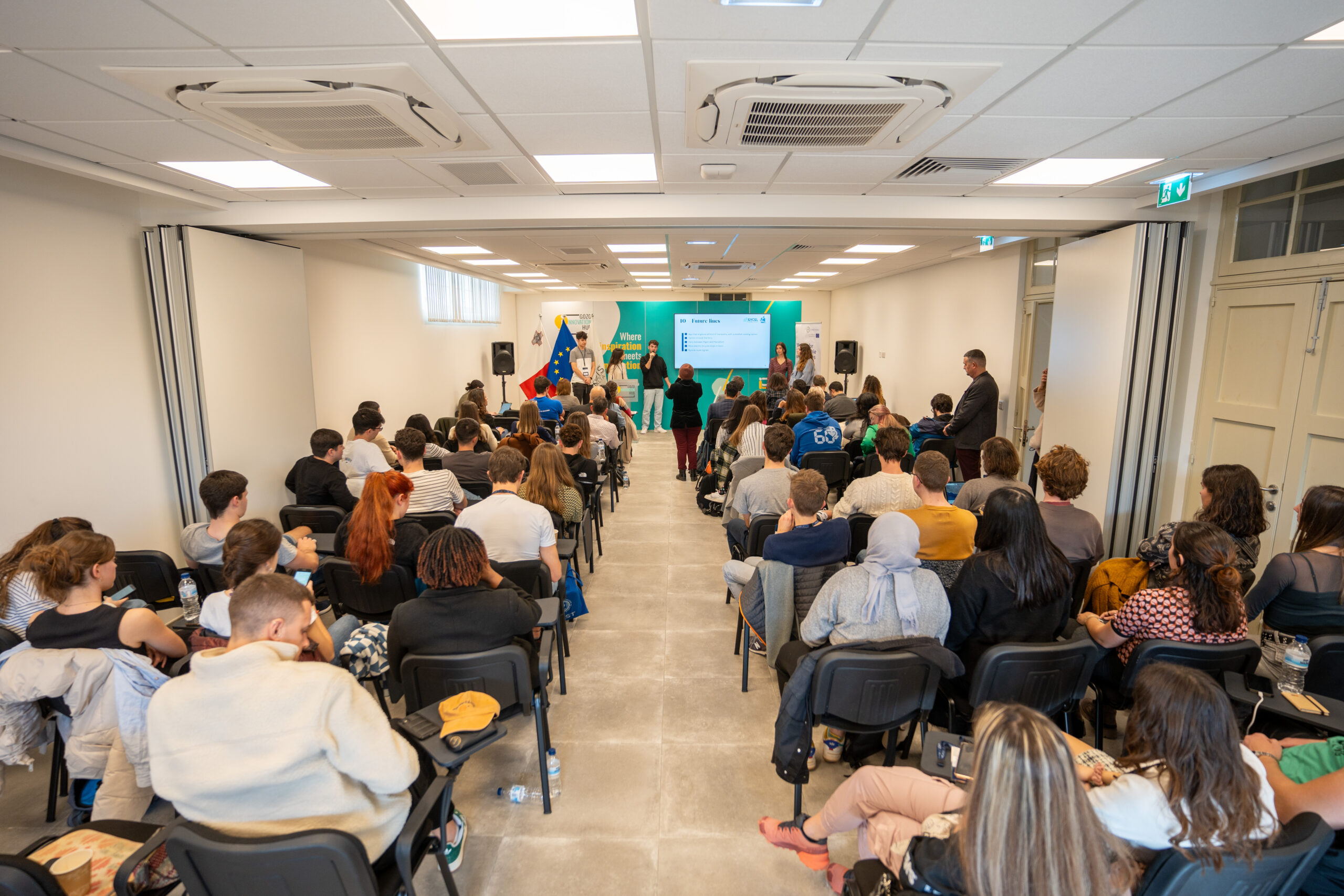
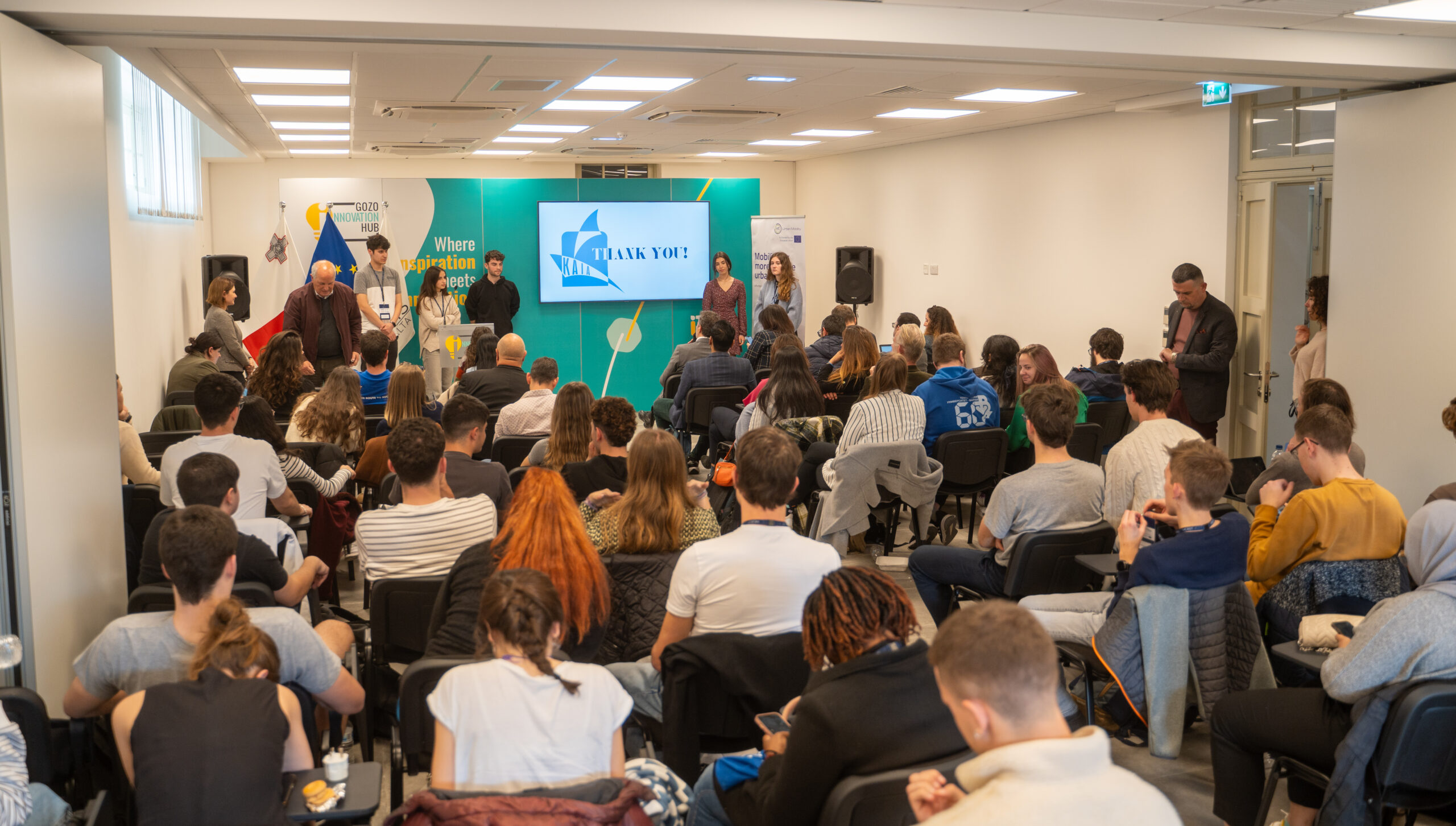
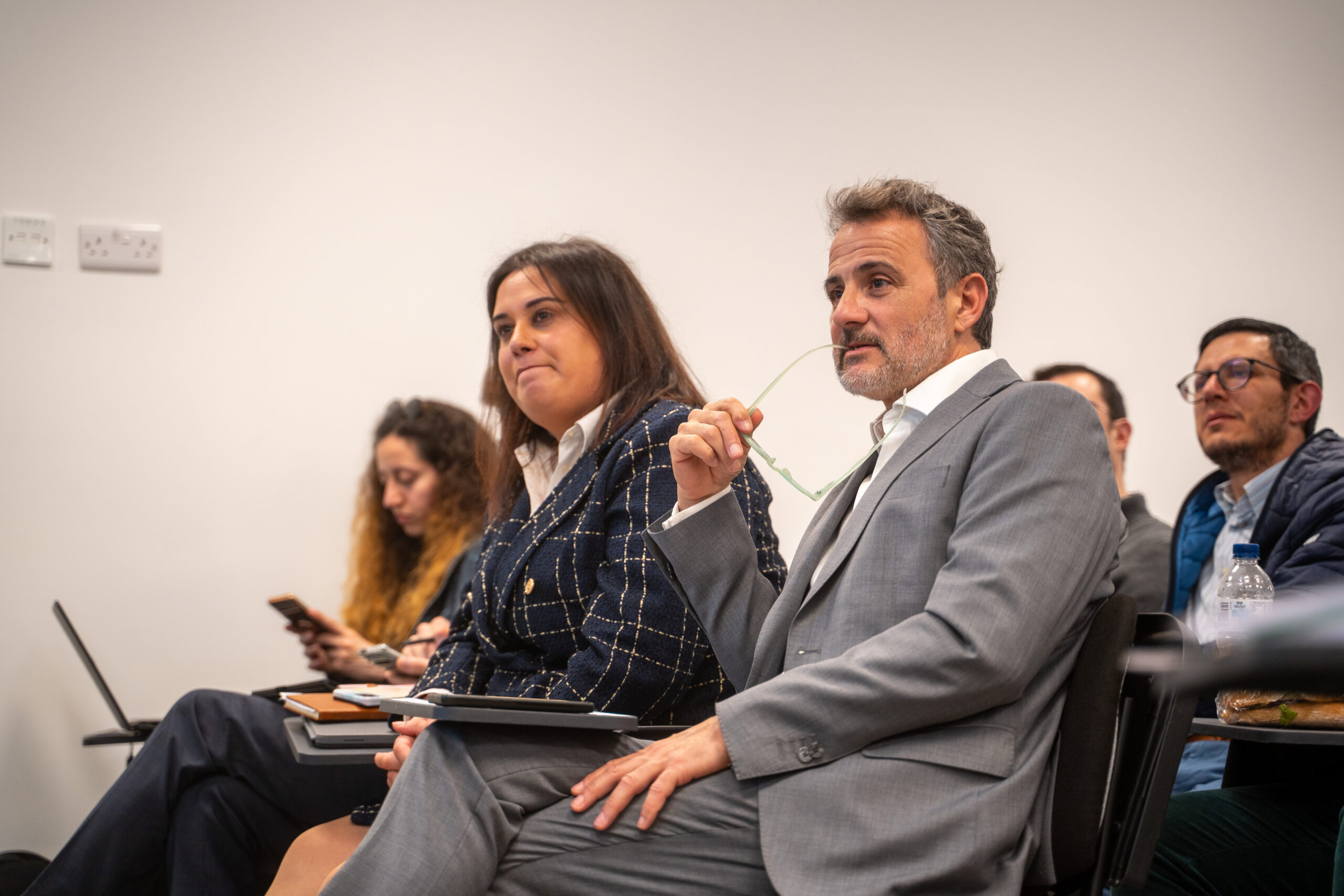
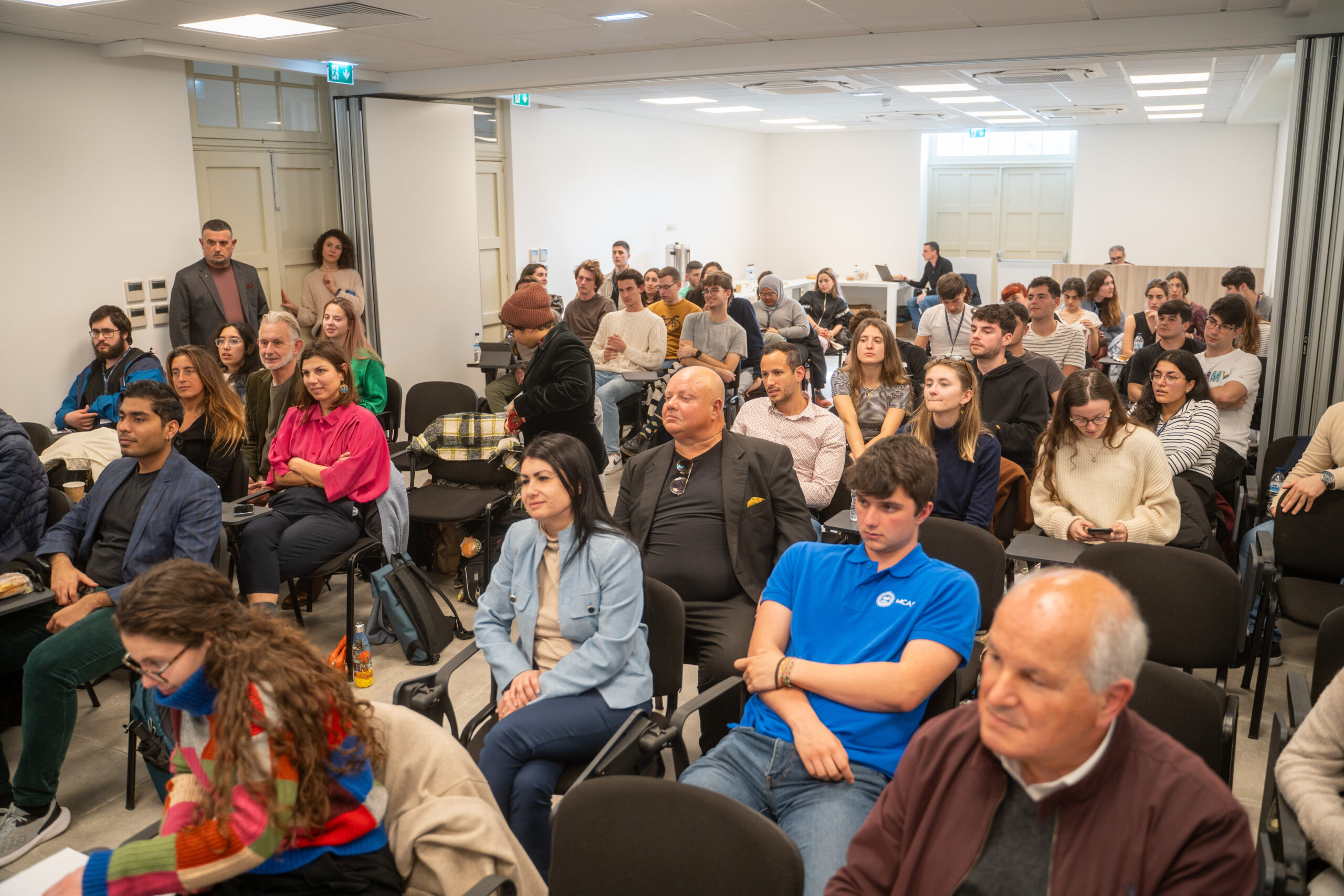

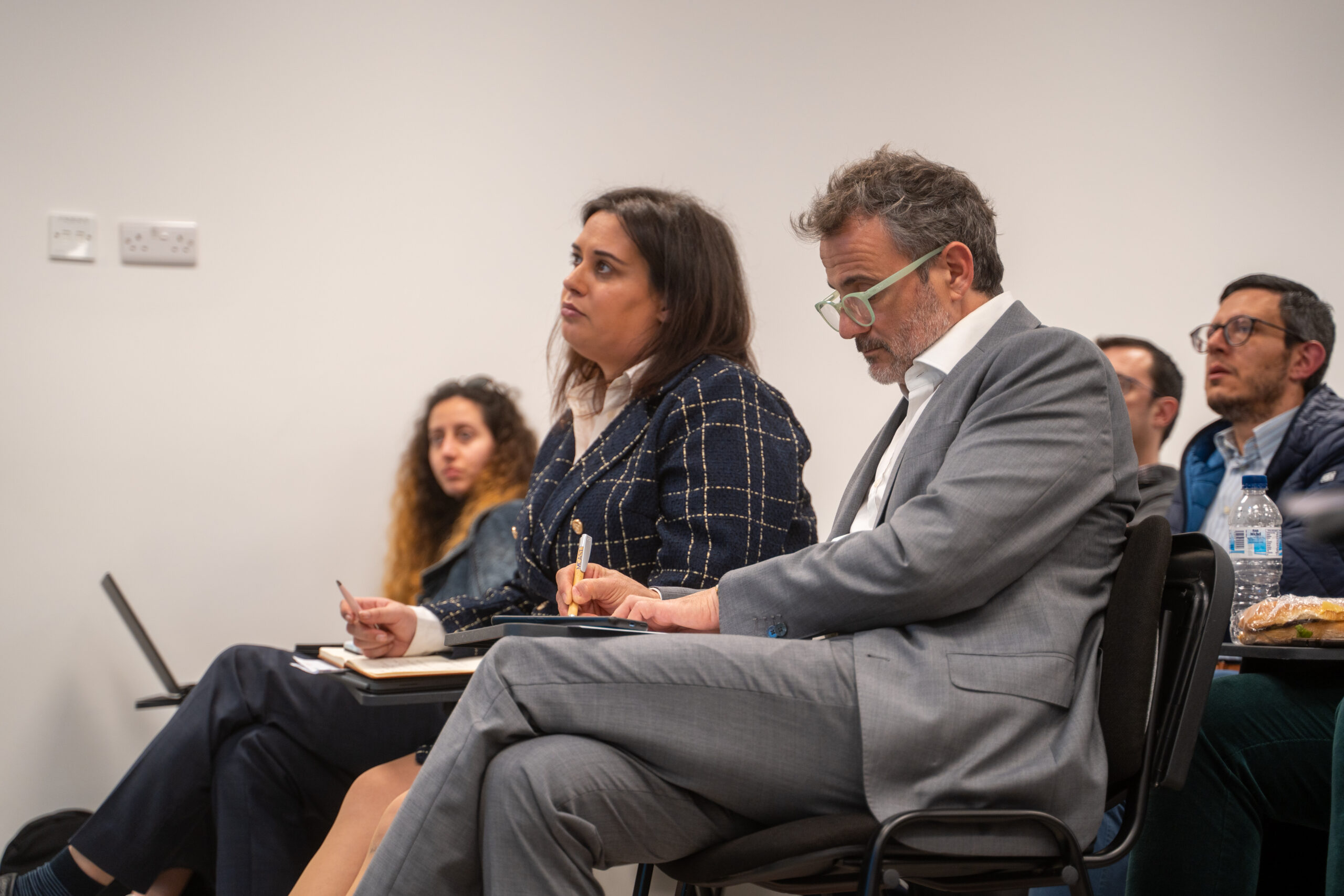
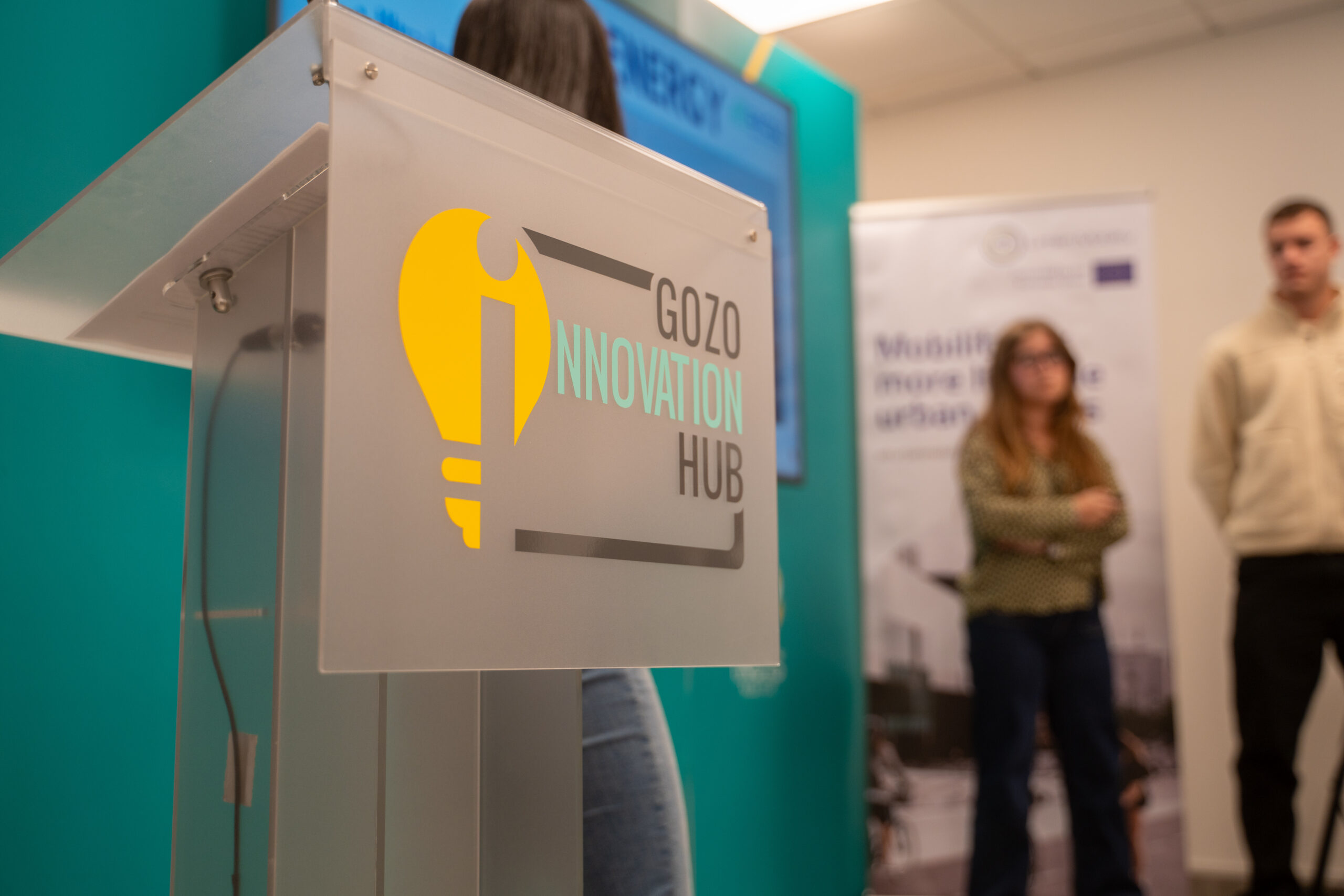
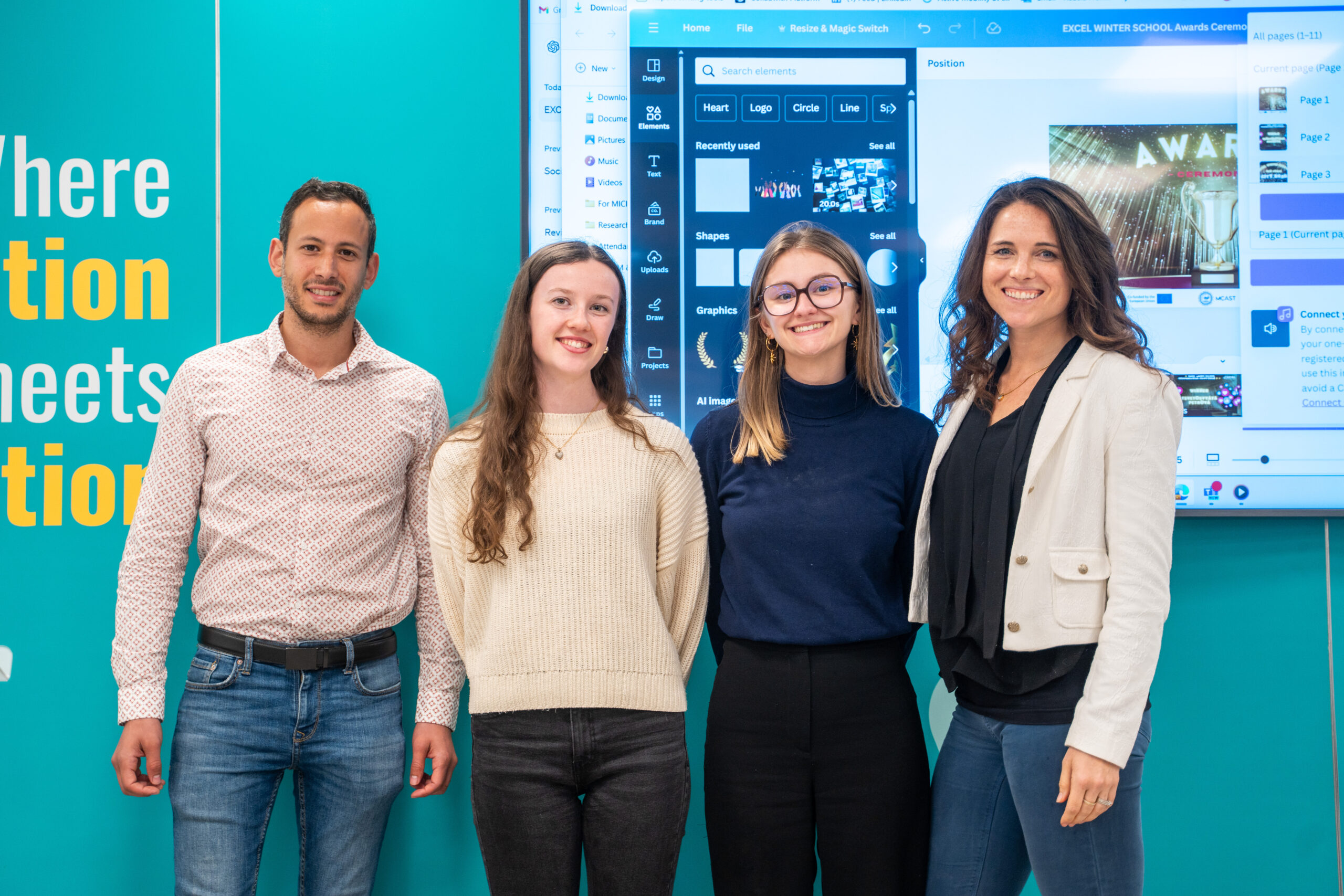
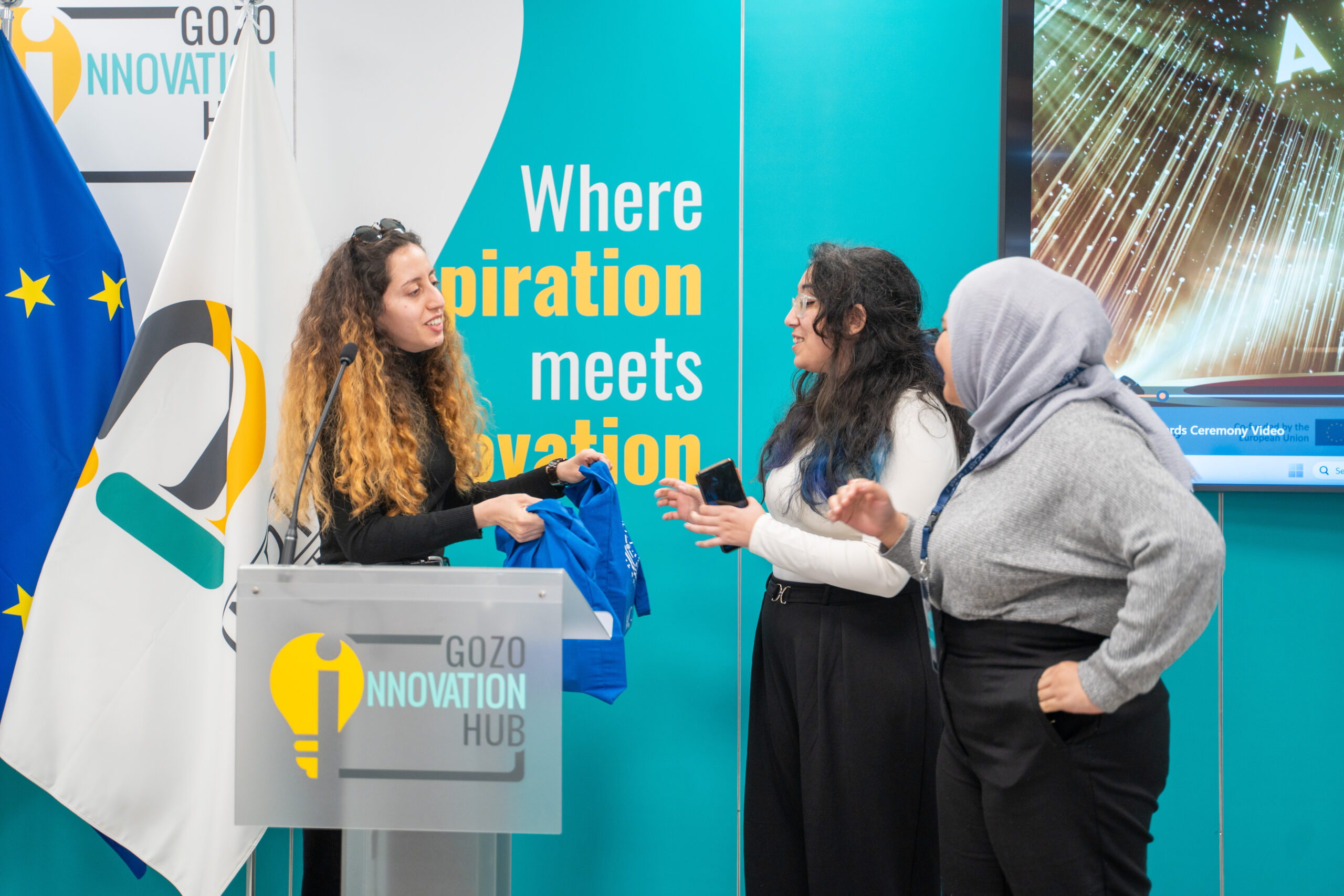
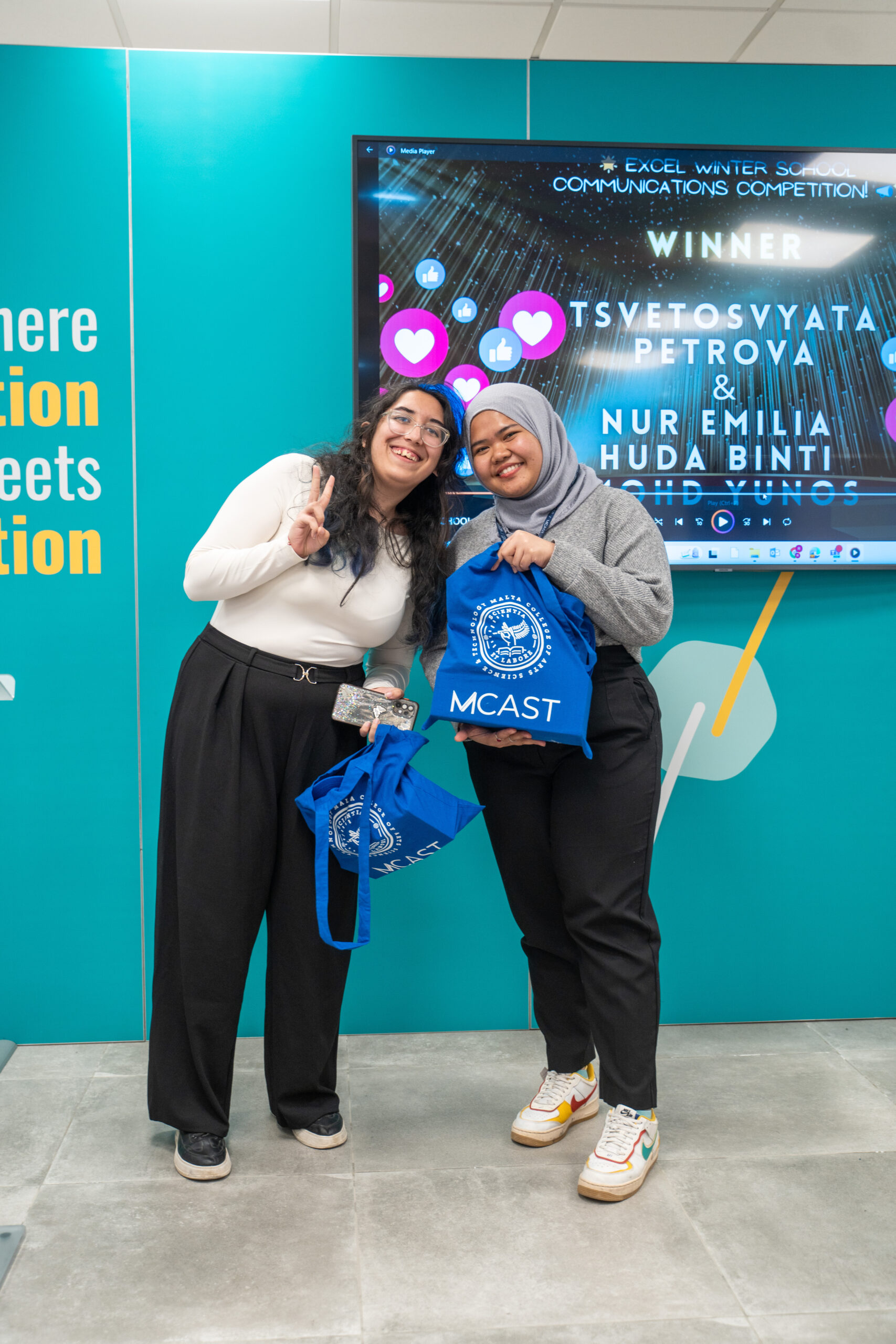
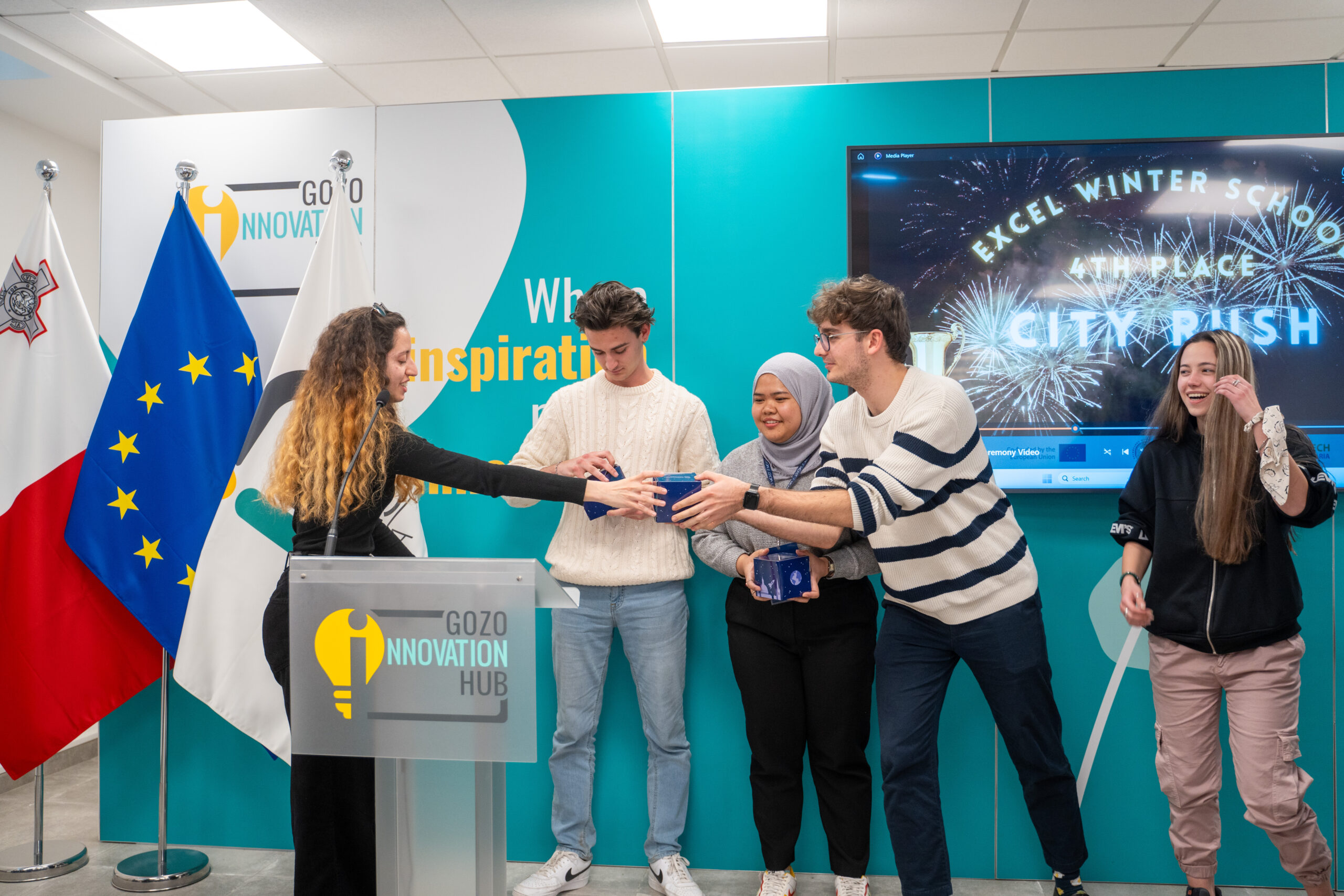
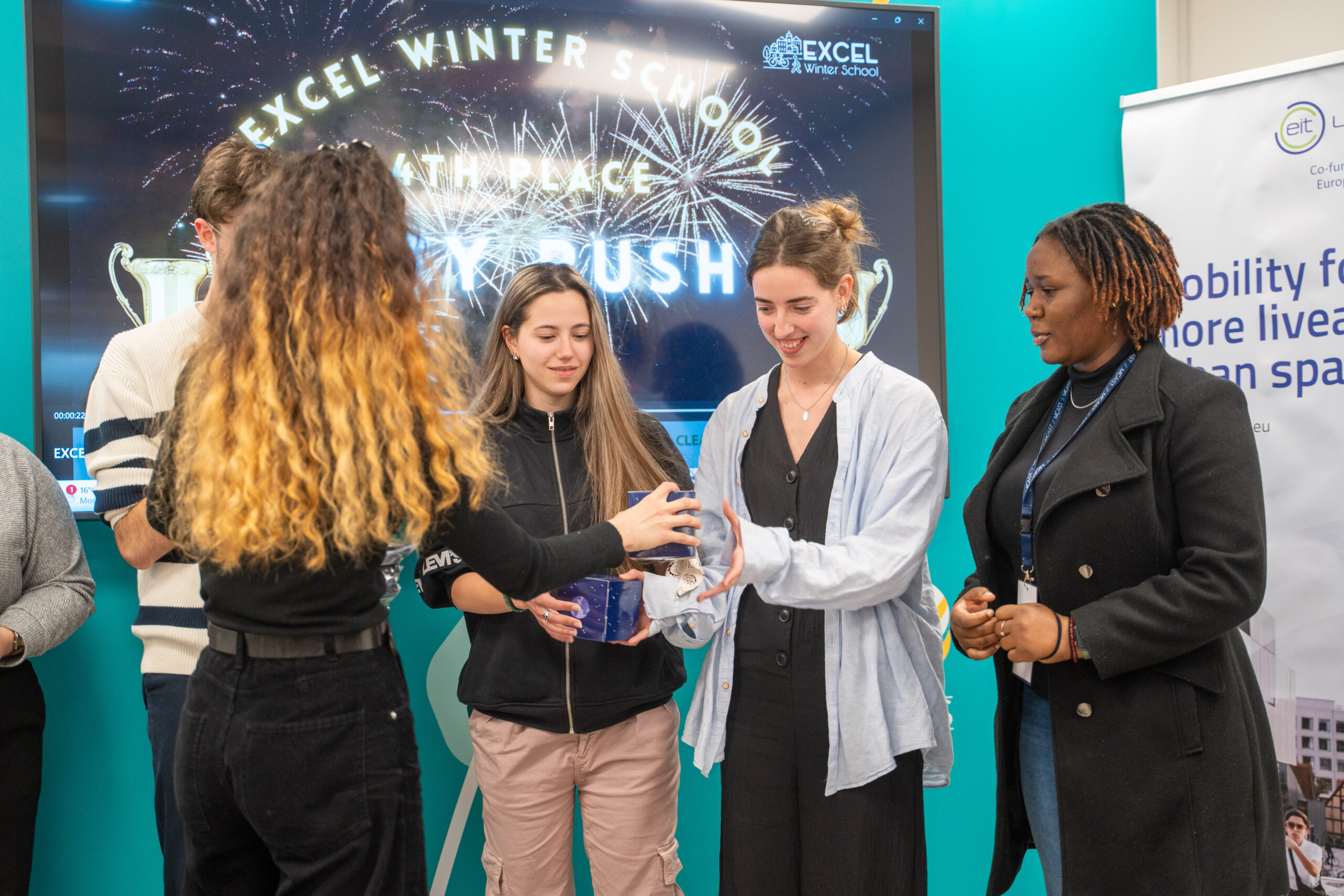
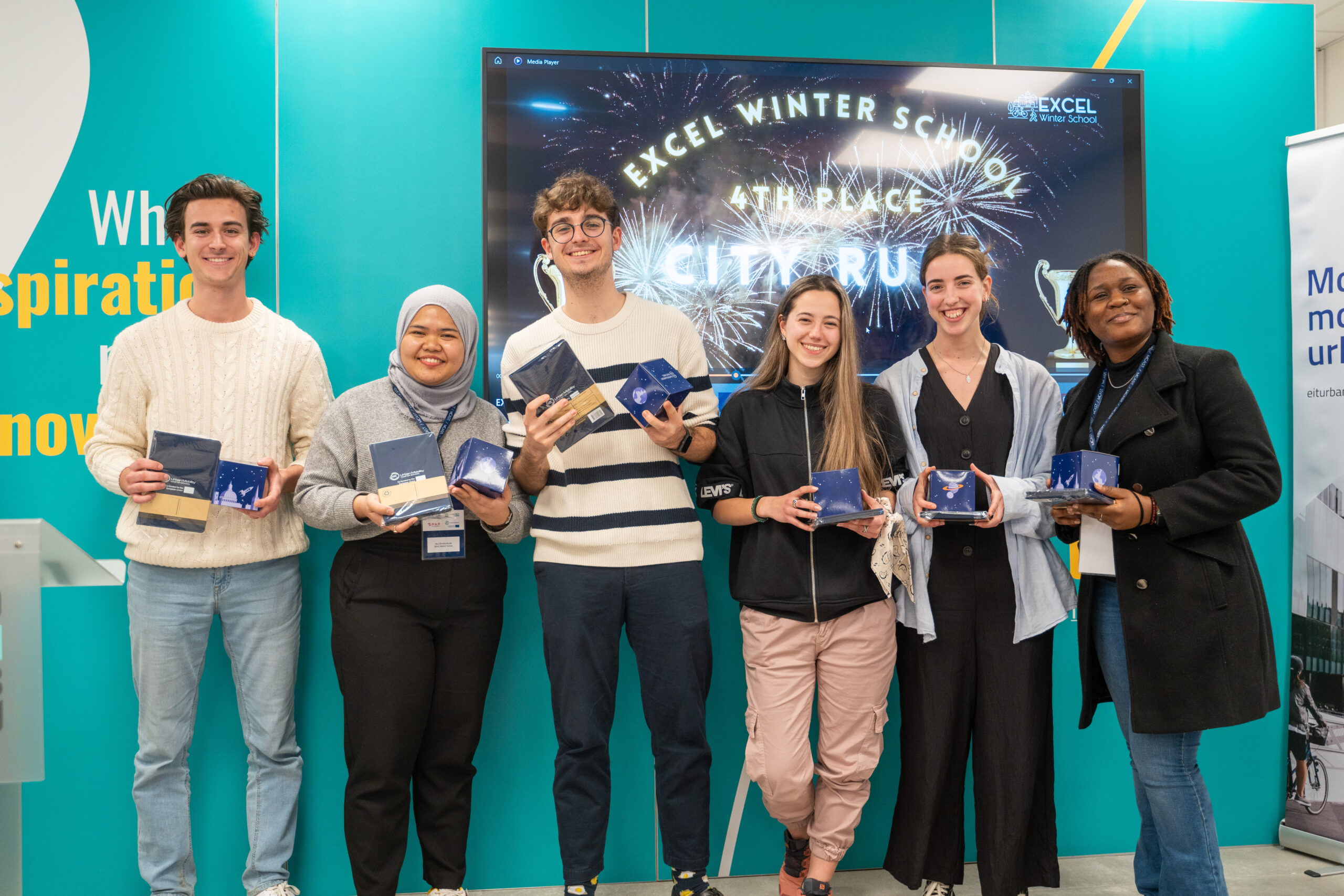
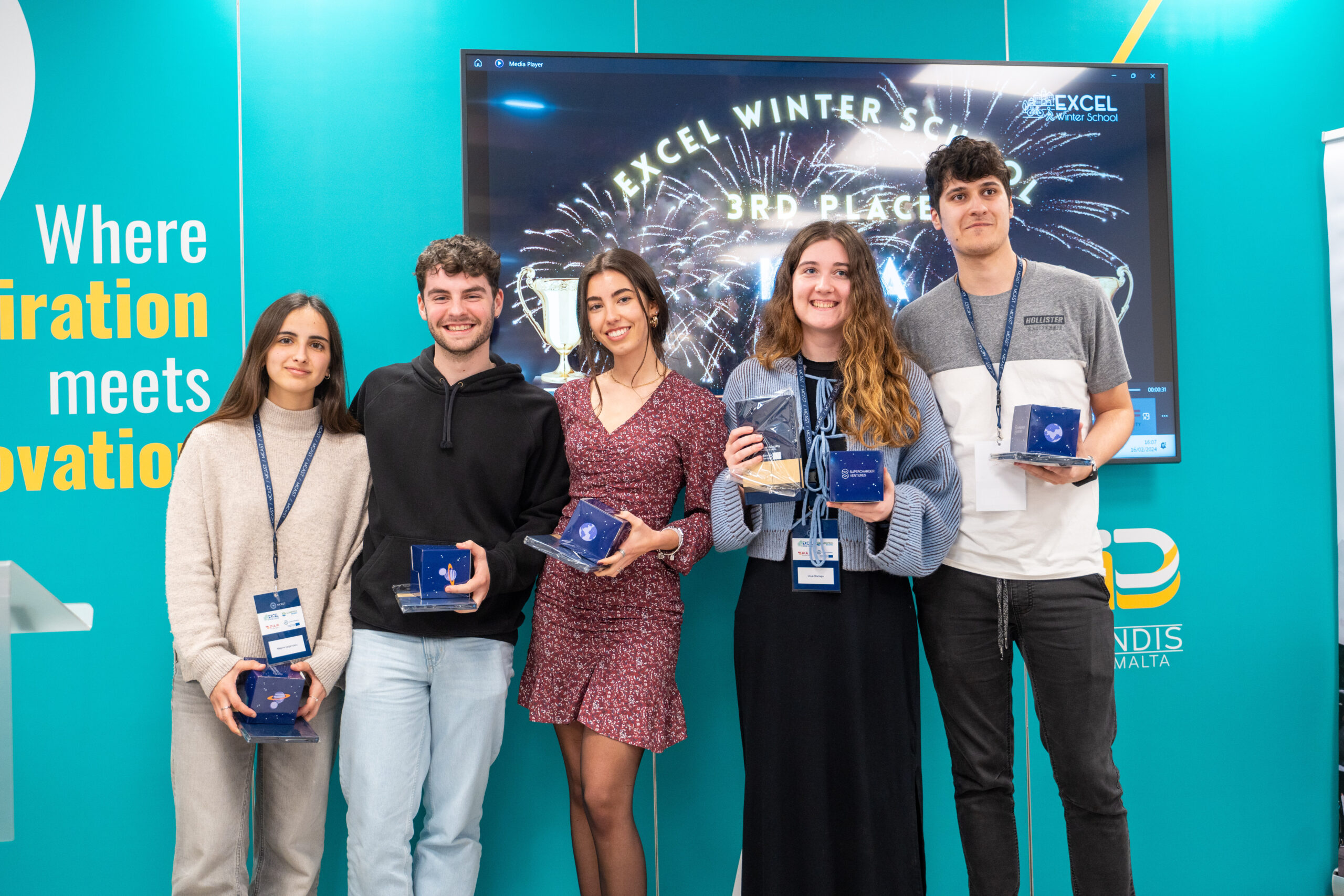
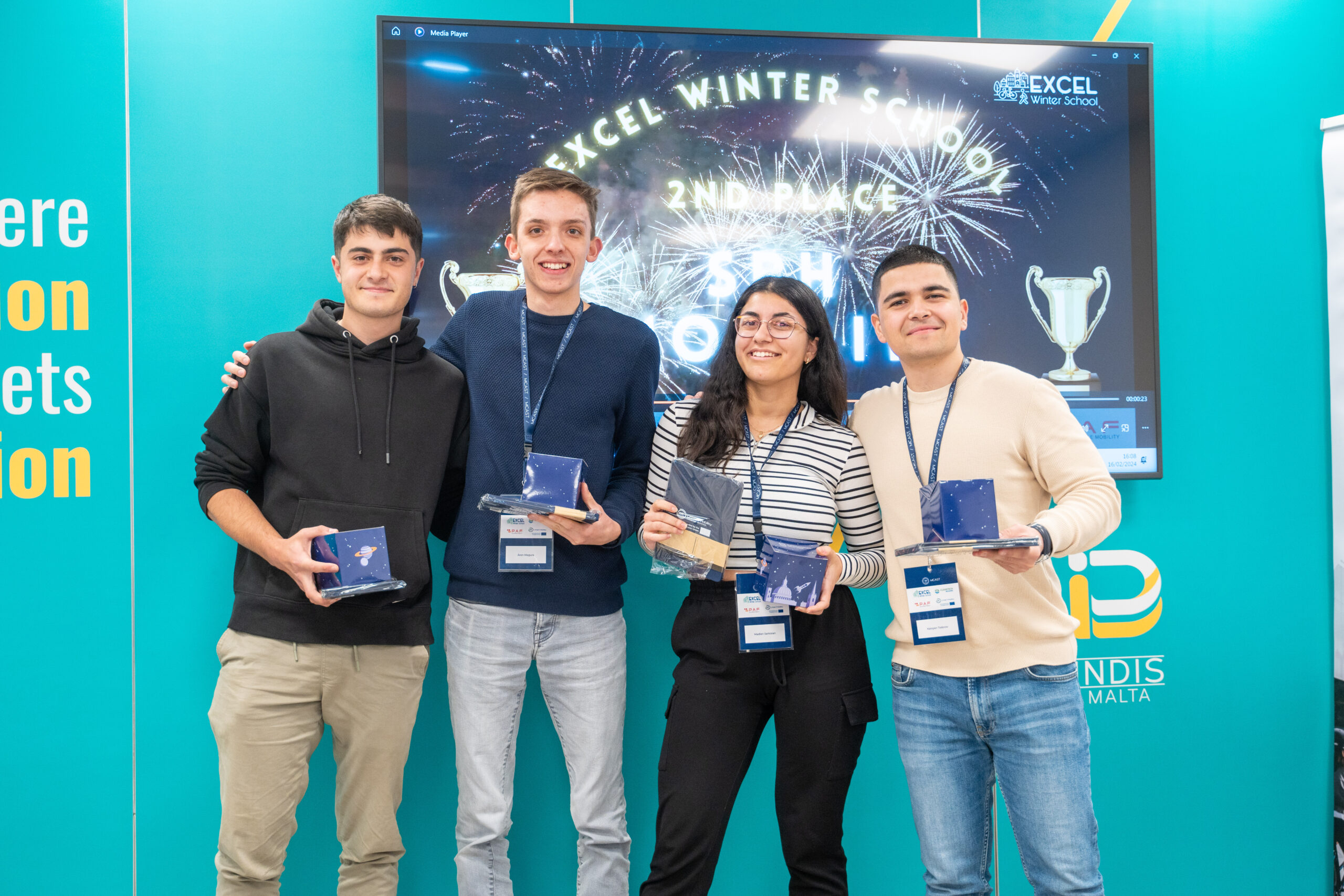






 MCAST Main Campus
MCAST Main Campus  +356 2398 7100
+356 2398 7100
 information@mcast.edu.mt
information@mcast.edu.mt